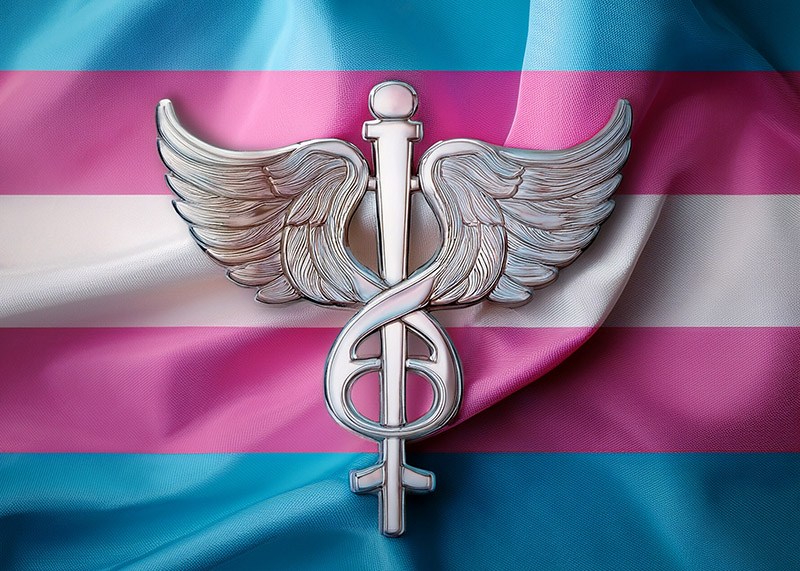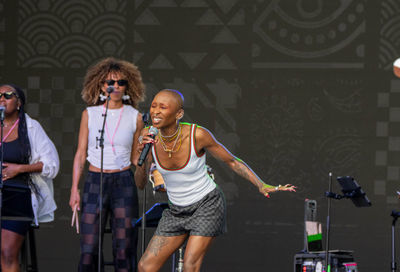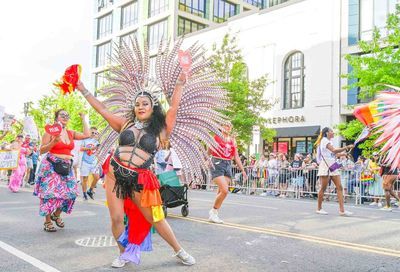Alabama’s Kay Ivey Expands Trans Athlete Ban to College Sports
Transgender females at Alabama colleges and universities will be barred from competing on female-designated sports teams.

Alabama Republican Gov. Kay Ivey has signed a bill expanding the state’s existing ban on transgender athlete participation on female-designated sports teams to the collegiate level.
Unlike other states, where bans on transgender athletes have largely passed along party lines, Alabama’s passed with support from four Democrats in the House of Representatives and one Democratic senator, while another senator and 14 other House members abstained from voting on the measure.
“I just signed HB261 to protect women’s sports in public colleges and universities,” Ivey tweeted shortly after signing the bill into law. “If you’re a biological male, you are not going to be competing in women’s and girl’s sports in Alabama. It’s about fairness, plain and simple.”
The bill’s sponsor, State Rep. Susan DuBose (R-Hoover), said her goal was to “protect women athletes” and to pass a “significant piece of legislation” in her first year.
“I would like to say that I think this speaks to the fact that Alabama has common sense, that we stand with science, that we want to protect women and make sure they have a safe and level playing field when it comes to competitive athletics at the college level,” DuBose told the Alabama Reflector. “If we allow trans women to start competing and taking spots on teams, all of that will change.”
Proponents of the ban argue that any athlete who has undergone male puberty has distinct physiological advantages, such as larger muscle mass and greater endurance, over cisgender female competitors.
But geneticists and scientists have not been able to conduct sufficient research to prove they enjoy a competitive advantage, according to Science magazine.
For example, a 2021 review of existing research found transgender female’s levels of hemoglobin — the oxygen-carrying protein in blood — were comparable to those found in cisgender women.
Typically, males tend to have higher levels of hemoglobin than females. A 2015 study of eight transgender athletes — one of the few in existence — found that racing times of trans females slowed as they transitioned, and those who lowered their testosterone levels performed no better against female peers than they had previously performed against male peers.
An Inside Higher Ed article from last year estimated that about 30 transgender athletes were playing NCAA sports, out of nearly 480,000 athletes.
Shannon Minter, the legal director at the National Center for Lesbian Rights noted that the number of bills seeking to restrict transgender participation to only those sports teams matching their assigned sex at birth has proliferated in recent years.
He suggested that appeals to fear and misinformation are more convincing to some Americans because many people are unfamiliar with transgender individuals.
“With transgender people, we’re still at that stage where most people do not know one single transgender person,” Minter told the Reflector. “They’re very vulnerable to hearing lies and misinformation and fear-mongering. So that that campaign of misinformation has been very successful.”
Dillon Nettles, the policy and advocacy director at the American Civil Liberties Union of Alabama, said in a statement that the bill is unnecessary and will have unintended consequences.
“Its only purpose is to shame transgender people publicly,” Nettles said. “The reality is that trans folks will always be part of our schools, universities, and our community.”
Support Metro Weekly’s Journalism
These are challenging times for news organizations. And yet it’s crucial we stay active and provide vital resources and information to both our local readers and the world. So won’t you please take a moment and consider supporting Metro Weekly with a membership? For as little as $5 a month, you can help ensure Metro Weekly magazine and MetroWeekly.com remain free, viable resources as we provide the best, most diverse, culturally-resonant LGBTQ coverage in both the D.C. region and around the world. Memberships come with exclusive perks and discounts, your own personal digital delivery of each week’s magazine (and an archive), access to our Member's Lounge when it launches this fall, and exclusive members-only items like Metro Weekly Membership Mugs and Tote Bags! Check out all our membership levels here and please join us today!



































You must be logged in to post a comment.